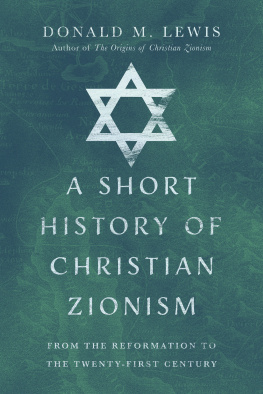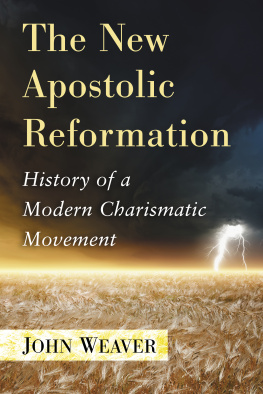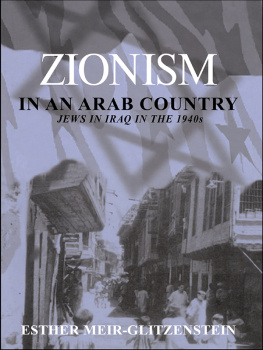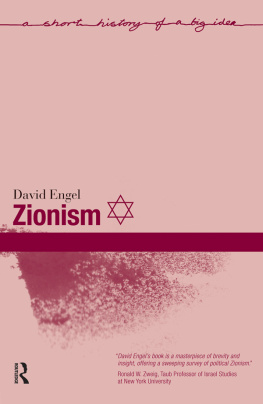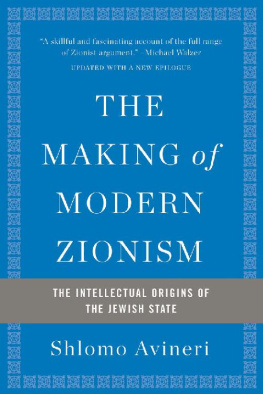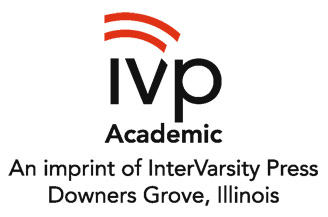Sommaire
Pagination de l'dition papier
Guide
InterVarsity Press
P.O. Box 1400, Downers Grove, IL 60515-1426
ivpress.com
2021 by Donald M. Lewis
All rights reserved. No part of this book may be reproduced in any form without written permission from InterVarsity Press.
InterVarsity Pressis the book-publishing division of InterVarsity Christian Fellowship/USA, a movement of students and faculty active on campus at hundreds of universities, colleges, and schools of nursing in the United States of America, and a member movement of the International Fellowship of Evangelical Students. For information about local and regional activities, visit intervarsity.org.
All Scripture quotations, unless otherwise indicated, are taken from The Holy Bible, New International Version, NIV. Copyright 1973, 1978, 1984, 2011 by Biblica, Inc. Used by permission of Zondervan. All rights reserved worldwide. www.zondervan.com. The NIV and New International Version are trademarks registered in the United States Patent and Trademark Office by Biblica, Inc.
The publisher cannot verify the accuracy or functionality of website URLs used in this book beyond the date of publication.
Cover design and image composite: David Fassett
Images: antique map of Israel Hemera Technologies / AbleStock.com / Getty Images Plus
Star of David Issaurinko / iStock / Getty Images Plus
silver paint stroke jayk7 / Moment / Getty Images
bright blue grungy texture R.Tsubin / Moment / Getty Images
ISBN 978-0-8308-4698-6 (digital)
ISBN 978-0-8308-4697-9 (print)
This digital document has been produced by Nord Compo.
TO
YEHUDA MANSELL
my friend whose life embodies Leviticus 19:33-34
When a foreigner resides among you in your land,
do not mistreat them. The foreigner residing among you must
be treated as your native-born. Love them as yourself, for you
were foreigners in Egypt. I am the LORD your God.
Acknowledgments
I WOULD LIKE TO EXPRESS my appreciation to those who have enabled this work. First and foremost, I would like to express my gratitude to my wife, Lindi, whose loving support is deeply appreciated. Second, I want to thank the Regent College board of governors, who have generously funded my teaching and research over many years as a full-time faculty member. The board has enabled me to undertake the sort of sustained, serious scholarship that can only be done with the leisure of time and the funding necessary to travel, attend conferences, and do archival research. I am deeply indebted to the colleges generosity in all these matters.
I would also like to thank Dr. Cindy Aalders, the Regent College librarian, and her staff, who have been unfailingly helpful and considerate. I also want to express my appreciation to the librarians of the University of British Columbia and of the Bodleian Library, Oxford, for their excellent professional services, which have enabled me to access their superb theological and historical collections. I also want to express my appreciation to the Rev. David Pileggi, rector of Christ Church, Jerusalem, who warmly welcomed me to Jerusalem, entertained me in his own home, and allowed me to consult Christ Churchs archives dealing with the London Jews Societys work in nineteenth-century Palestine. I also want to acknowledge the kind hospitality of Gary Hedrick of CFJ Ministries based in San Antonio, Texas, who allowed me to stay at the CFJs Halff House in Jerusalem during a period of research, and to the International Christian Embassy Jerusalem, and especially Jehu Ketola, for their warm welcome to their celebration of the Feast of Tabernacles in October 2017. I am also grateful to Johannes Gerloff, a journalist and author based in Jerusalem who graciously welcomed me on my visit, providing insight and helpful background.
I want to express my appreciation to Jon Boyd, the editorial director for IVP Academic, whose professionalism and kindness have characterized all our communications.
A number of remarkably capable teaching assistants have worked with me on the book over several years, and I wish to thank them by name: Erica Bowler, James Hooks, Tim Opperman, Yehuda Mansell, and Jacob Samuel Raju. Three of these are now in doctoral programs, and a fourth is hoping to undertake doctoral studies in the near future.
There are a number of scholars who have read and commented on part or the whole manuscript, and I am especially grateful for their advice: Yaakov Ariel, Philip Church, Andrew Crome, Rodney Curtis, Paul Freston, Daniel Hummel, Daniel Nessim, Eric Newberg, Martin Spence, and Matthew Westbrook. And there are those whose advice I have sought on particular sections of the manuscript: Darrell Bock, George Carras, Gershon Greenberg, Gerald Hobbes, Paul C. Merkley, Stephen Pattee, Matthew Avery Sutton, Bruce K. Waltke, Steve Watts, Paul Wilkinson, and N. T. Wright. I am also grateful for helpful conversations with David Bebbington, whose encyclopedic knowledge of evangelical history never ceases to amaze. I also want to thank the three anonymous reviewers of the first draft of this book who were commissioned by IVP Academic. Their feedback has been invaluable. To all of these scholars I want to express my gratitude and appreciation.
While I am indebted to many academic colleagues who have assisted me in writing this book, I know not all of them will feel that they can agree with my conclusions. None of them is responsible for the use that I have made of their help, and needless to say, responsibility for any errors of fact or peculiarities of interpretation is to be laid at my feet.
Introduction
Virtually no histories of Zionism, Israel, and the Arab-Israeli conflict have paid much attention to evangelical support of the advancement of the Zionist plan and the Israeli state.
YAAKOV ARIEL, 2013
THIS BOOK SEEKS TO PROVIDE an overview of the history of Christian Zionism by charting the genesis of the movement and tracing its lineage. Although it is an important contemporary phenomenon whose significance is now being widely acknowledged, its long history is little understood. This book seeks to understand the movements lineage, and how and why it has developed as it has. It is not a polemical work, either for or against Christian Zionism. It seeks more to understand than to persuade, in the hope that a fair-minded evaluation of the movements history will promote understanding.
THE POLITICIZED NATURE OF THE TOPIC
Christian Zionism is usually examined solely through a political lens. This approach often fails to take the role of theology seriously, which as Faydra Shapiro has argued, misses a great deal about the culture of Christian Zionism. Focusing overly much on the political does a disservice to the complex and powerful motives and implications of this world view. The theological basis of the underlying Christian Zionist beliefs has kept on shifting over time, which makes tracking its history more difficult.
DEFINITIONS
Historically, the term restorationism was used to designate the belief that the Jews would one day be physically restored to their homeland in the Middle East. It was generally understood that this physical restoration would occur after the mass conversion of the Jewish people to the Christian faith. How that prophetic belief morphed into the political movement that I am defining as Christian Zionism is the central narrative of this book. This shift from a prophetic restorationism that envisioned the eventual return of the Jews to a political movement that promoted such a return in the here and now occurred in the nineteenth century.

